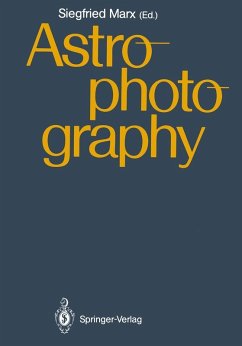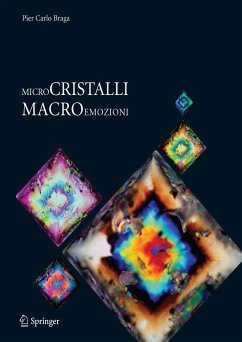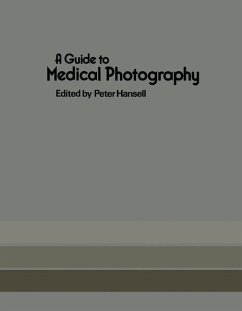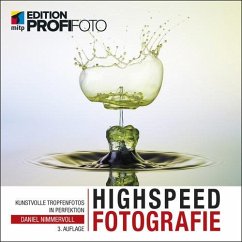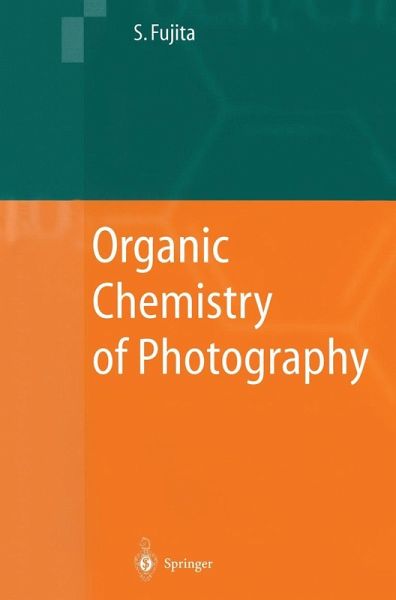
Organic Chemistry of Photography (eBook, PDF)
Versandkostenfrei!
Sofort per Download lieferbar
167,95 €
inkl. MwSt.
Weitere Ausgaben:

PAYBACK Punkte
84 °P sammeln!
In conventional color photography, spectral sensitizers cooperate with silver halide as acceptors of light during the exposure process, color developers reduce silver halide grains during the developing process, and finally the resulting oxidized developers react with couplers to form imaging dyes. Instant color photography gives us an alternative way of realizing excellent color reproduction, in which dyes changing their diffusibility play an important role. The aim of this book is to provide researchers and graduate students with a perspective on how such organic compounds work in color phot...
In conventional color photography, spectral sensitizers cooperate with silver halide as acceptors of light during the exposure process, color developers reduce silver halide grains during the developing process, and finally the resulting oxidized developers react with couplers to form imaging dyes. Instant color photography gives us an alternative way of realizing excellent color reproduction, in which dyes changing their diffusibility play an important role. The aim of this book is to provide researchers and graduate students with a perspective on how such organic compounds work in color photography and how seemingly miraculous techniques based on organic chemistry lead to color images of high quality. The readers will acquire the philosophy and learn from hints on how to develop functionalized organic compounds.
Dieser Download kann aus rechtlichen Gründen nur mit Rechnungsadresse in A, B, BG, CY, CZ, D, DK, EW, E, FIN, F, GR, HR, H, IRL, I, LT, L, LR, M, NL, PL, P, R, S, SLO, SK ausgeliefert werden.




